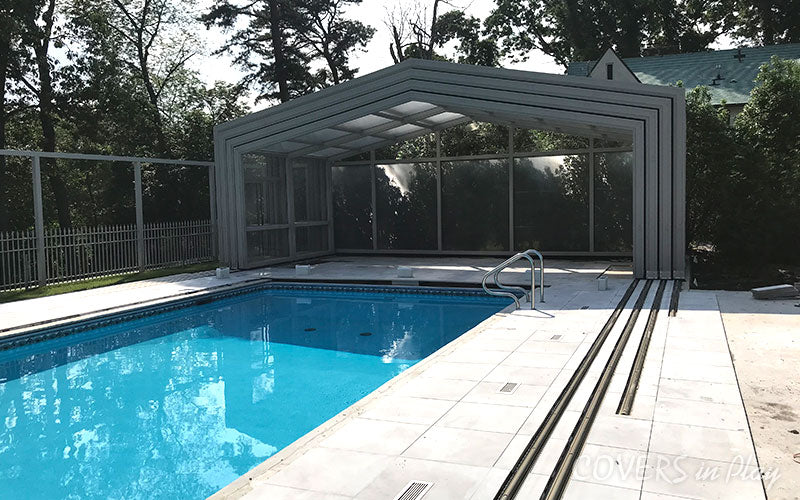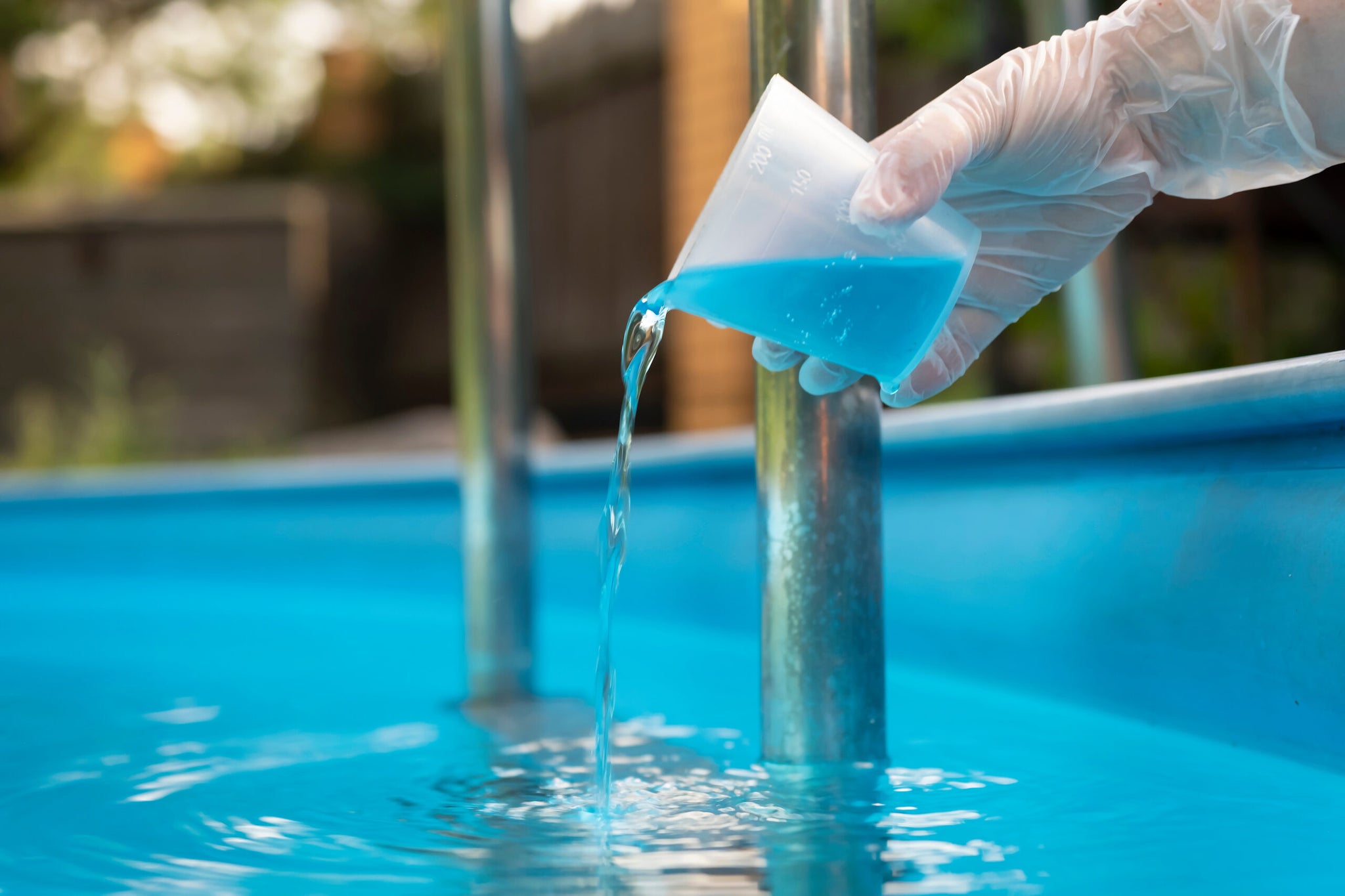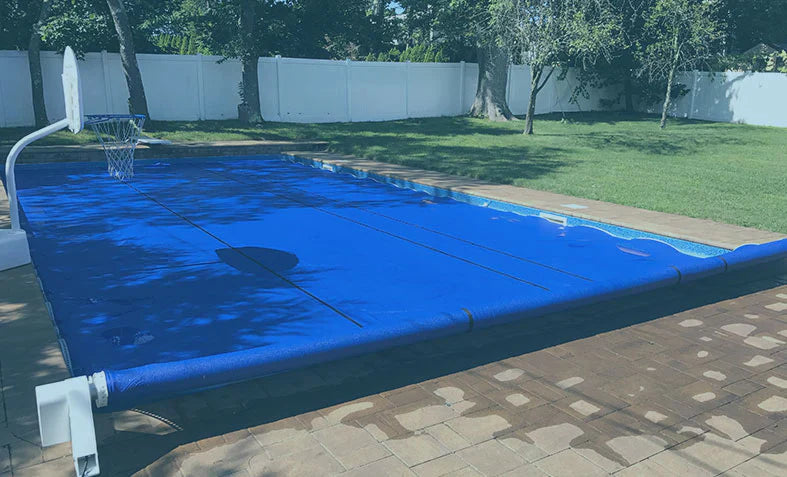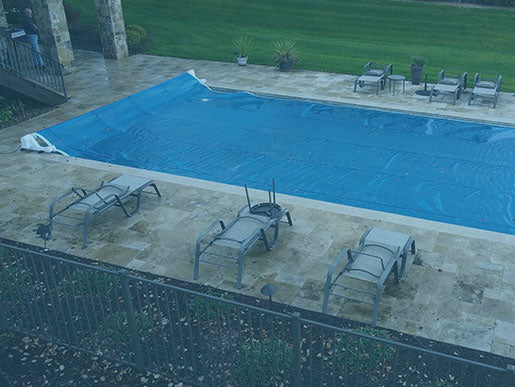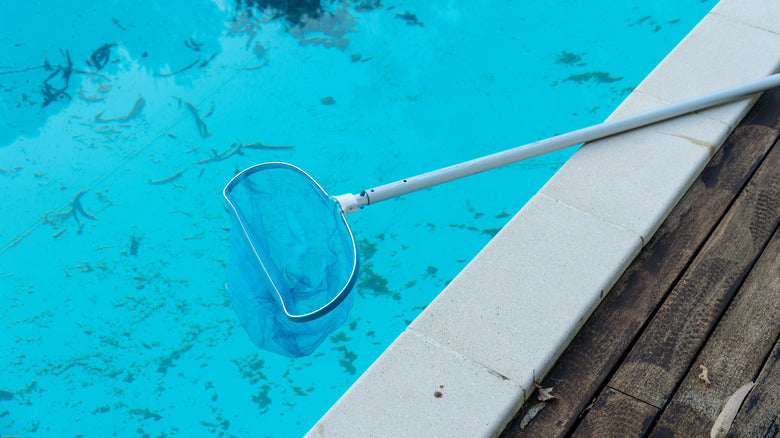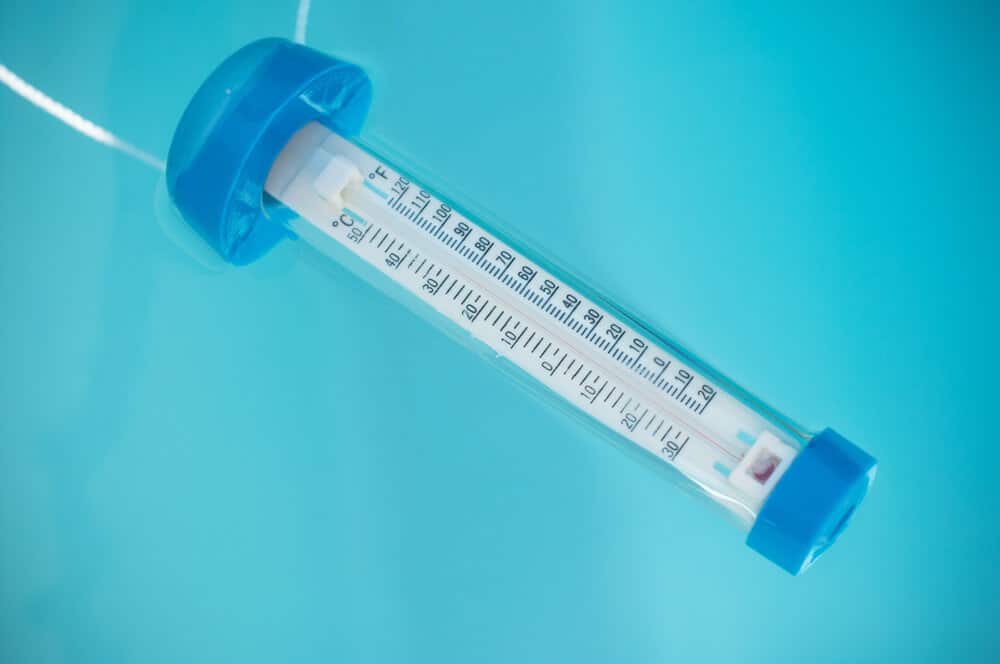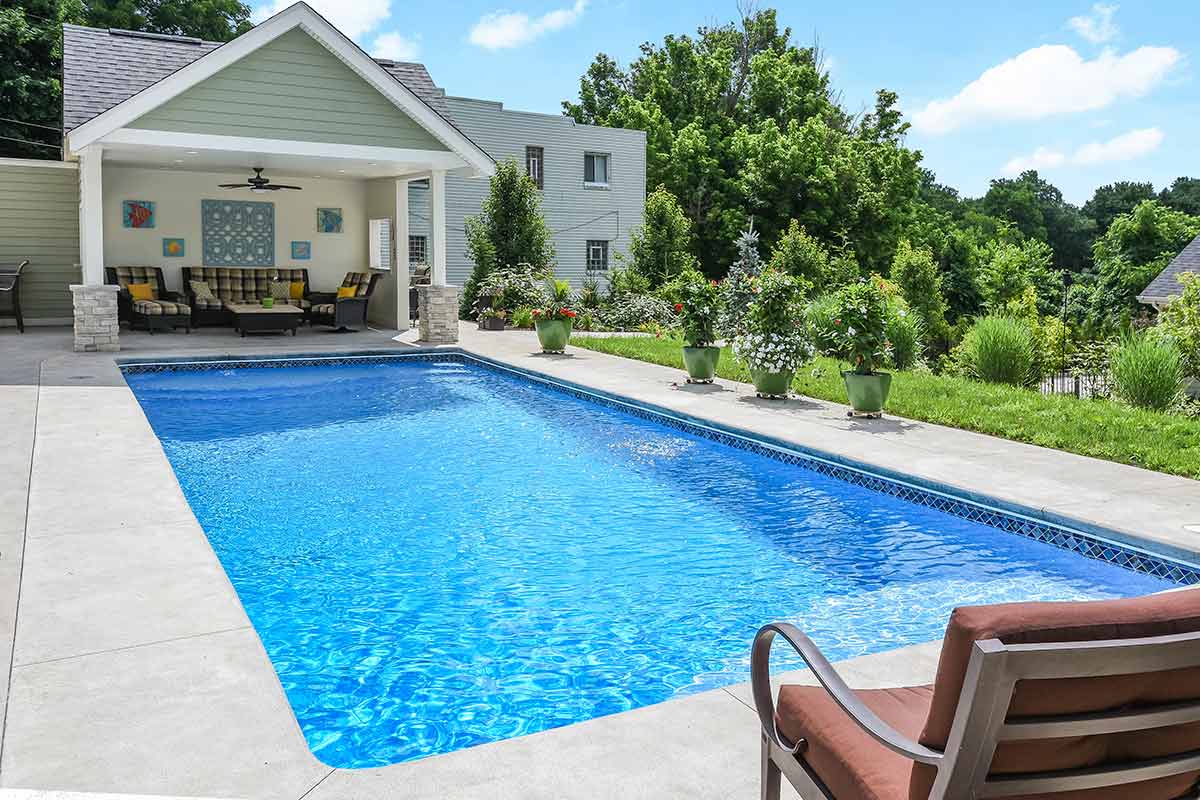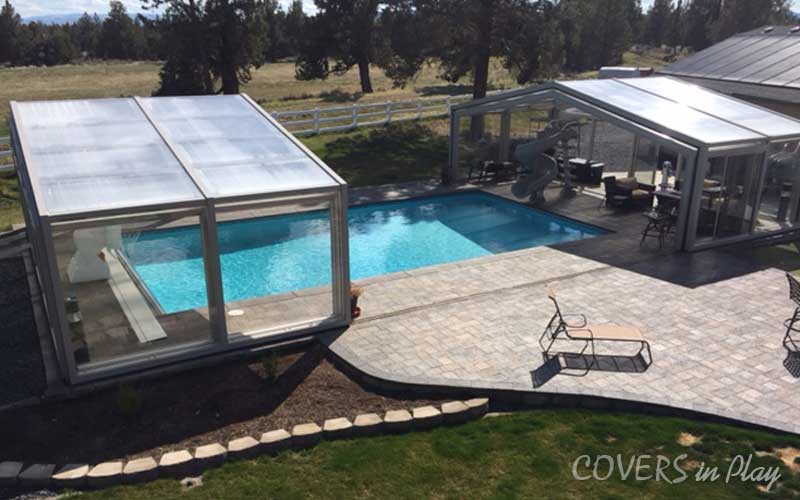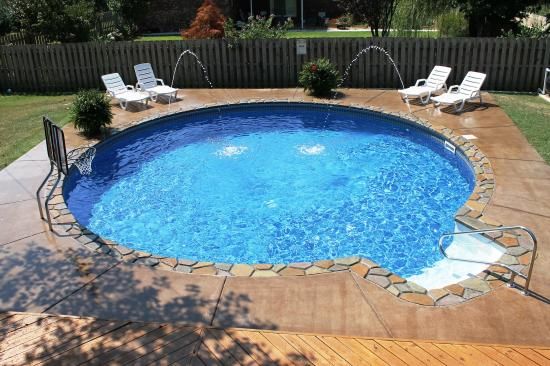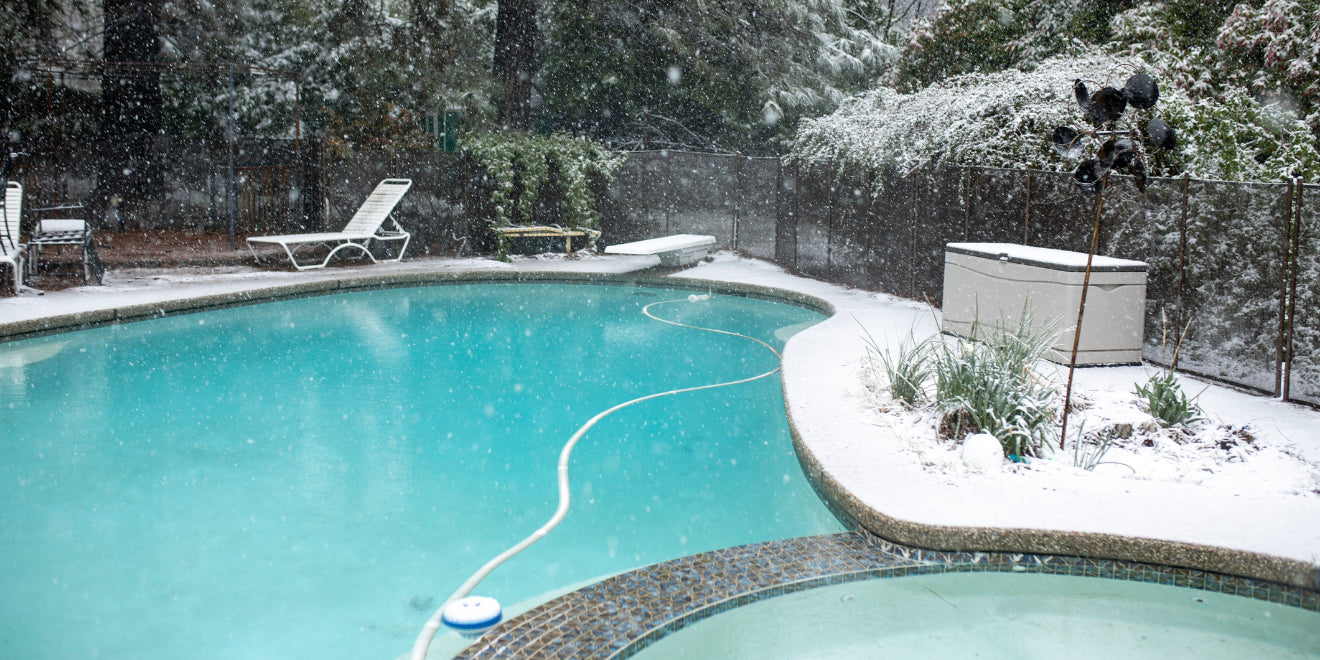
Saltwater vs. Ozone: The Great Swimming Pool Debate
Every pool owner knows how crucial it is to keep the water clean. Maintaining the sanitation of a swimming pool is a matter of keeping the family safe. Traditionally, chlorine has been used to sanitize both public and private swimming pools. However, this chemical has been a subject of controversy for many years. So, it is only natural to consider keeping your pool clean, using alternative options like saltwater and ozone systems.
In this post, we will compare these two choices and discuss their pros and cons. In this way, you will be able to make the best decision that will suit your preferences.
Which is Best for Keeping the Pool Clean?
It is undeniable how swimming pools can be innovative and wonderful additions to any yard. Having one can enhance your property. You can even design it with waterfalls for additional soothing and peaceful qualities. As we’ve mentioned, no matter what shape, design, or type of pool you have, one important fact remains—you need to keep it sanitary and clean. If not adequately treated, any amount of standing water will eventually grow bacteria and algae. So, let’s look at how saltwater and ozone systems can keep your pool clean.
Saltwater
Saltwater is a popular choice among homeowners looking to change up their traditional chlorine sanitation in pools.
Contrary to popular belief, saltwater pools still use chlorine—just considerably less than what traditional chlorine pools have. Instead of applying the salt directly to the pool, it uses a chlorine generator known as a salt cell or chlorine generator. But as its name implies, a saltwater pool requires salt.

Electricity is then applied to turn the salt into hypochlorous acid, which is essentially chlorine. Saltwater pools would rely on a generator to sanitize the pool water, breaking down salt cells, also known as table salt through an electrolysis process. As a result, the process will create a chemical reaction, producing chlorine to sanitize the water. With this sanitizing option, the production rate of chlorine is slower and you won’t have to directly apply chlorine to the pool.
Furthermore, the salt cell generator will continuously produce free chlorine, eliminating the formation of combined chlorines, which are the ones that cause the chlorine smell and common problems like eye and skin sensitivities.
As a result, the resulting mixture is much friendlier to the swimmer’s eyes, skin, and swimsuit. Furthermore, the pool water will feel softer on the skin and lessen the chance of physical irritation compared to traditionally-chlorinated pools.
Most people associate ocean water with saltwater pools. However, the liquid in these pools has a salt concentration closer to what people’s tears have. Needless to say, it is not as harsh as people imagine it to be. However, saltwater systems are more expensive to set up and maintain than chlorinated pools. For instance, you need to buy a generator that will turn the salt into hypochlorous acid. Over time, the salt may also wear out the lining of the pool and its surrounding garden.
Ozone
In numerous parts of Europe, a pool ozone system has been the ideal pool sanitizer for a long time. This is because ozone is pH neutral, adding no contaminants in the water.
Keeping your pool clean requires you to get rid of algae and illness-causing bacteria that may develop there. When it comes to killing harmful organisms in water, ozone is one of the best options. By getting an ozone generator, your filters will function better. Moreover, you can eliminate algae and bacteria effectively, allowing you to achieve crystal clear results without worrying too much about the health risks of chlorine. So, if you have members in the family who are sensitive to chlorine—even the low levels found in saltwater pools—ozone generators are the ideal option for you.

A swimming pool ozone generator works by oxidizing substances it would come into contact with, like algae, bacteria, viruses, or even chlorine byproducts such as chloramines. The potent oxidizer will combine with those contaminants so quickly that it would stay in the pool water for only a very short period, so your pool is left with nothing but ordinary oxygen in the water.
Furthermore, an ozone generator for swimming pools would prevent calcium carbonate scaling, removing the existing scale as it cleans and prevents the build-up of any greasy sediments on the sides of your pool. That way, you won’t have to spend too much time and money on pool cleaning and maintenance.
You also do not need to add chemicals to the pool because ozone generators only require electricity to run. Consequently, maintenance will be easier because there are no chemical levels you need to check. According to a journal published on the US National Library of Medicine, ozone tends to produce fewer carcinogenic by-products. So, it is safer for the health of your family. On the other hand, it is more expensive to build ozone pools upfront. Moreover, it can be challenging to find a technician who specializes in servicing swimming pools like this.
Which is Easier to Maintain?
Of course, you’d want to spend less time maintaining your pool and more time enjoying it. So, you should also look into the level of maintenance that saltwater and ozone systems require.
Saltwater Pool Maintenance
When you compare a saltwater pool with a chlorinated pool, the former is easier to care for. After all, the generator will release the ideal amount of chlorine for you. You just need to add the recommended amount of salt to ensure that the pool will stay clean. Of course, you need to filter the water regularly. Moreover, the salt/chlorine mixture will not eliminate the surface particulates. So, you will still need to skim the water.
Ozone Pool Maintenance
It is important to know that ozone creates various byproducts when reacting with organic compounds. Ozone treatment can generate brominated compounds which can be carcinogenic. To counter this, you need to monitor the pH levels more often than you would with a chlorinated pool.
Making Maintenance Easier
Of course, when organic matter—like leaves, twigs, and dead insects—falls into the water, it can be difficult to keep the water clean. As we’ve mentioned, you’d still need to skim the surface of the pool because the salt/chlorine mixture won’t be able to get rid of the particulates. So, to protect your pool from dirt, debris, and leaves that the wind carries, it is advisable to install electric pool covers.
The great thing about electric pool covers is that you can easily operate them. With a push of a button, you can draw the cover out or in. You won’t even need another person to help you operate the electric pool cover. What’s more, by reducing the organic matter in the water, you can lessen the amount of maintenance you put into the pool.
Health Issues
Pools are an excellent way to add fun and exercise to the household. However, there are some health concerns that pop up if you aren’t careful, which can also be inherent in the system you decide to invest in.
Saltwater Health Issues
Saltwater pools are better than chlorine as they are easier to maintain. There is also fewer worries in terms of bacteria growth, and lower chlorine levels result in less skin and eye irritation. But very sensitive people can still experience chlorine irritation from the small amounts of chlorine present in the pool
Furthermore, the salt can harm the deck area, such as any natural stone pavers or wood decking.
Ozone Health Issues
Ozone pools are one of the best and easiest methods when creating a safe and healthy pool without side effects. It has. No chemicals are involved and little to no chance of irritation or bacterial growth. That said, ozone is extremely dangerous to handle and direct exposure to it can cause consequences, so you must be careful.
The Disadvantages of Saltwater Pools
If you want to opt for a saltwater pool, you need to be aware of its disadvantages. For instance, swimming pools with saltwater generators can have discolored water and unusual stains.
It can be difficult to get rid of the stains or prevent them from appearing again. The blemishes can come in the form of black or brown specks around the ladders, the floor of the pool, and the railings. Sometimes, the stains can appear like unidentified particles in the water, which is due to galvanic corrosion, coming from elevated salt levels in the pool.
Furthermore, salt is corrosive, which can damage concrete, metal, and other parts of the pool. You can prevent such damage by opting for vinyl and fiberglass for your saltwater pool over concrete, which is more susceptible to damage.
Besides that, saltwater pool generators are expensive and will require a certified technician to install and repair them, if required. On average, saltwater systems cost about $2,000, depending on the pool size and model.
While saltwater pools don’t have as much chlorine, those who are very susceptible to chlorine can still suffer from irritation over time. Also, salt isn’t the healthiest for the environment, especially if you live in watershed areas or use groundwater for wells and back wash your filter frequently.
The Disadvantages of Ozone Swimming Pools
You will need a residual sanitizer in the pool water because ozone systems alone cannot provide continuous and complete sanitation. Moreover, pool pump rooms can accumulate ozone gas which can be corrosive to pool equipment and rubber gaskets.
You must also be careful when handling the ozonator, as direct ozone exposure is dangerous.
It is true that chlorinated pools are more affordable to set up. However, over the years, they become more time-consuming and expensive to maintain. On the other hand, when you consider all the chemicals you can avoid when opting for saltwater pools, their overall costs are generally lower. Of course, you still need to remember that they can be a bit of an issue to their surroundings. Meanwhile, ozone pools effectively kill algae and bacteria. However, you need to religiously test the pH levels to ensure that there are no brominated compounds in the water.
Even with the slightly lower price, ozonators can cost between $1,000 to $3,000 and you will still need to purchase bromine or chlorine for ozone supplementation. It’s only a bit cheaper than the systems for saltwater pools, but the upfront costs are still higher than using chlorine.
Moreover, certain parts of the world don’t recognize the use of an ozone generator for pool! For instance, the Government of Canada doesn’t recognize that an ozone pool cleaner would destroy all bacteria, viruses, and the like. As a result, if you plan on using an ozone pool filter or generator, it must be in conjunction with a saltwater pool sanitation system or alongside chlorine.
Which System Best for You?
It is worth noting that both saltwater and ozone systems can give you a safe and clean pool to swim in. That said, there is no “best system” suitable for all pool owners. In the end, the ideal pool system for you is something that will suit your lifestyle and needs.
Chlorine pools are cheaper to set up but will consume a lot of time and money over the years. Saltwater pools are cheaper in the long run despite the high upfront cost, but they can pose an environmental issue and the presence of small amounts of chlorine can still irritate the very sensitive swimmer. Ozone pools also have a high upfront cost but aren’t as high maintenance, doing the job of pool sanitation for you.
